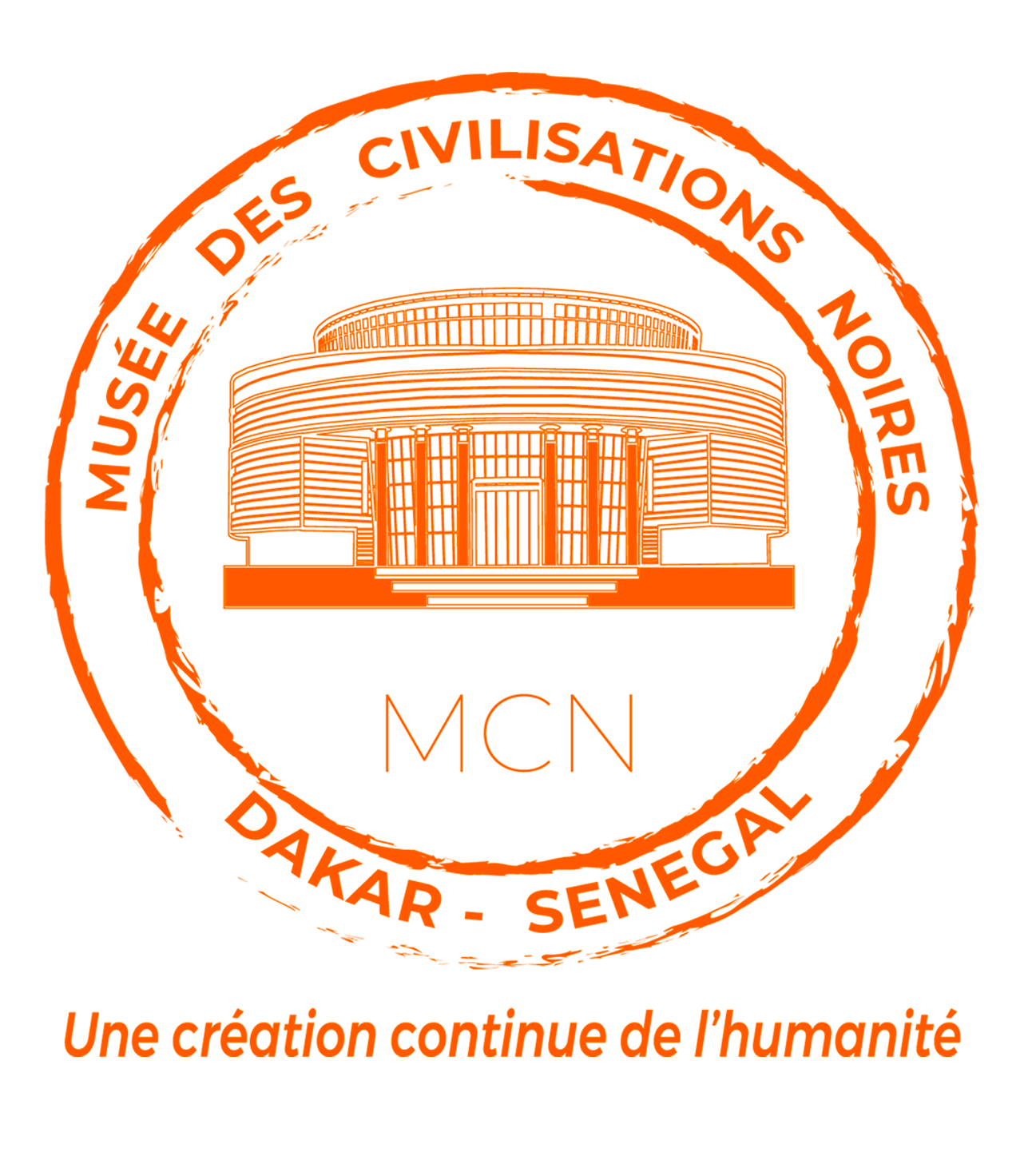Marie-Angélique Savané is a Senegalese sociologist, political activist and feminist. Spouse of the political leader Landing Savané, she had, among other things, led the journal Famille et Développement. From 1978 to 1988, she was Research Manager at the United Nations Research Institute for Social Development (UNRISD). From 1990 to 1992, she was Special Adviser to […]
